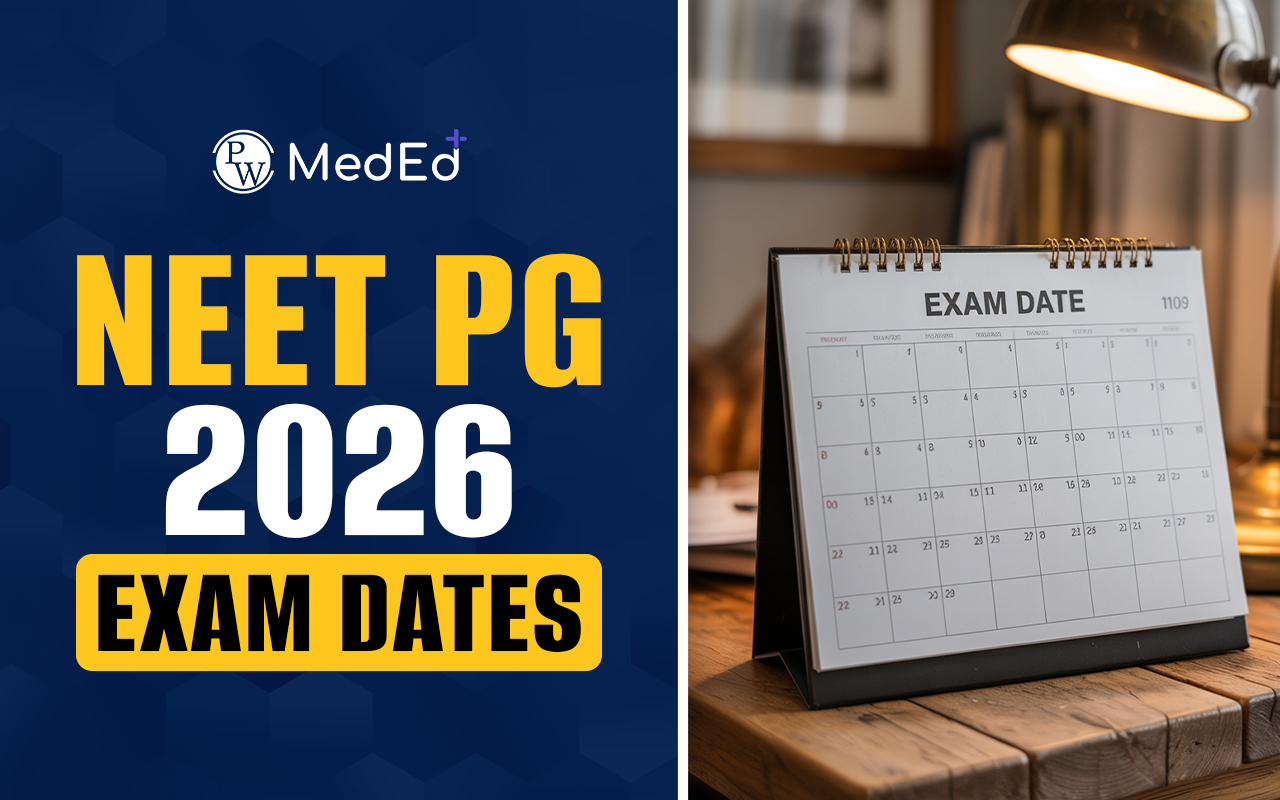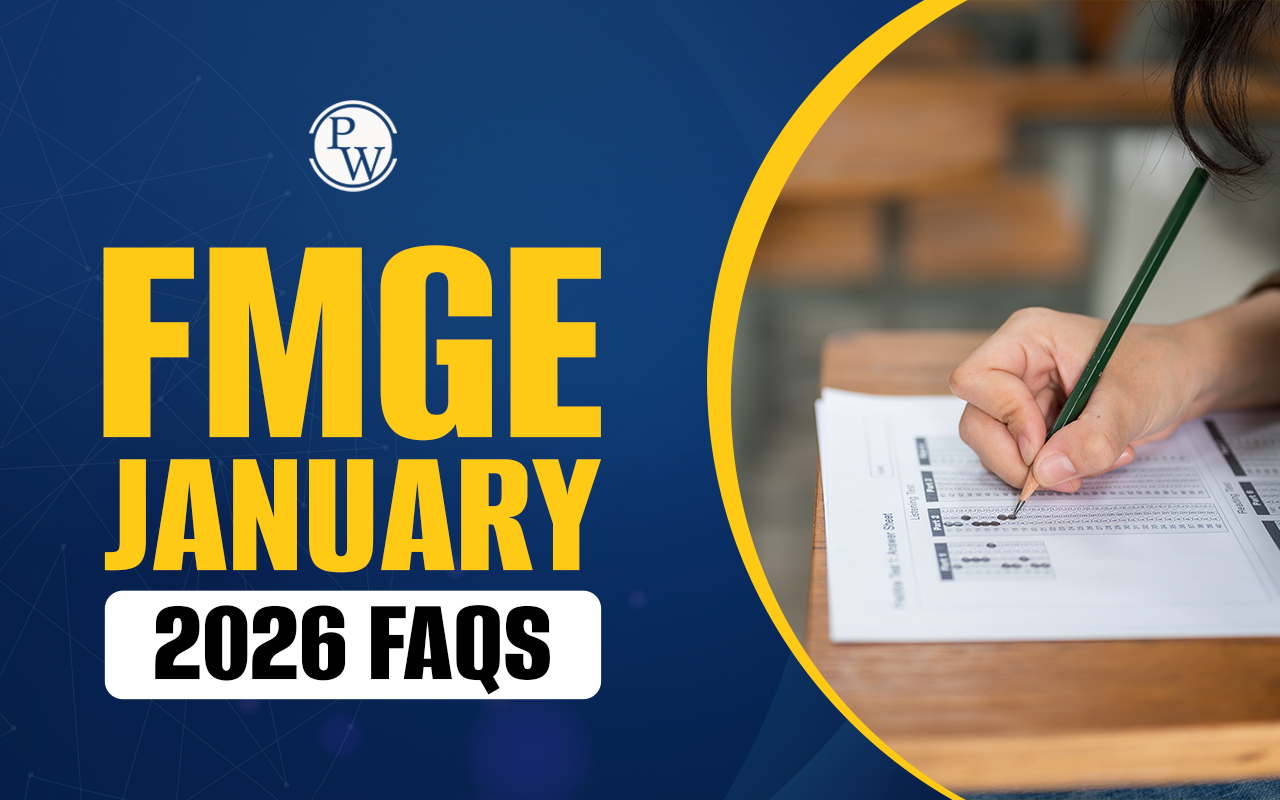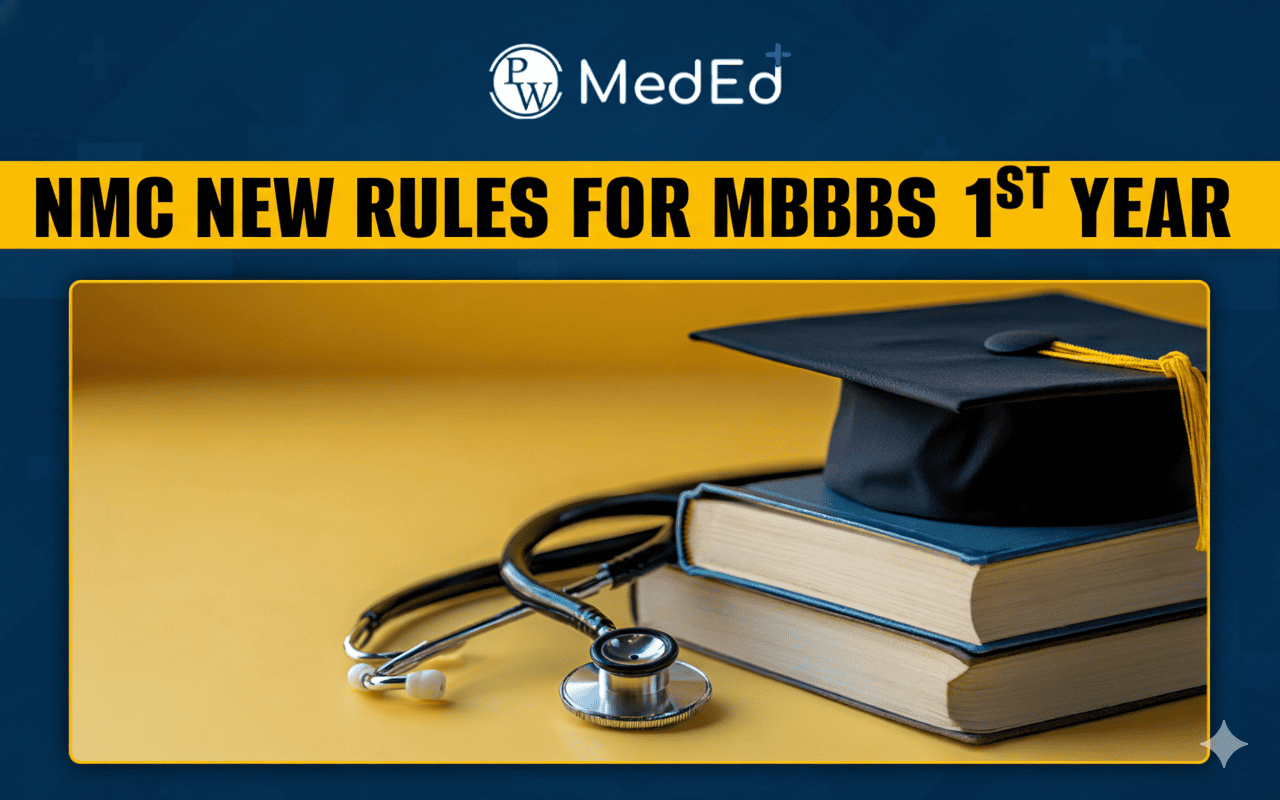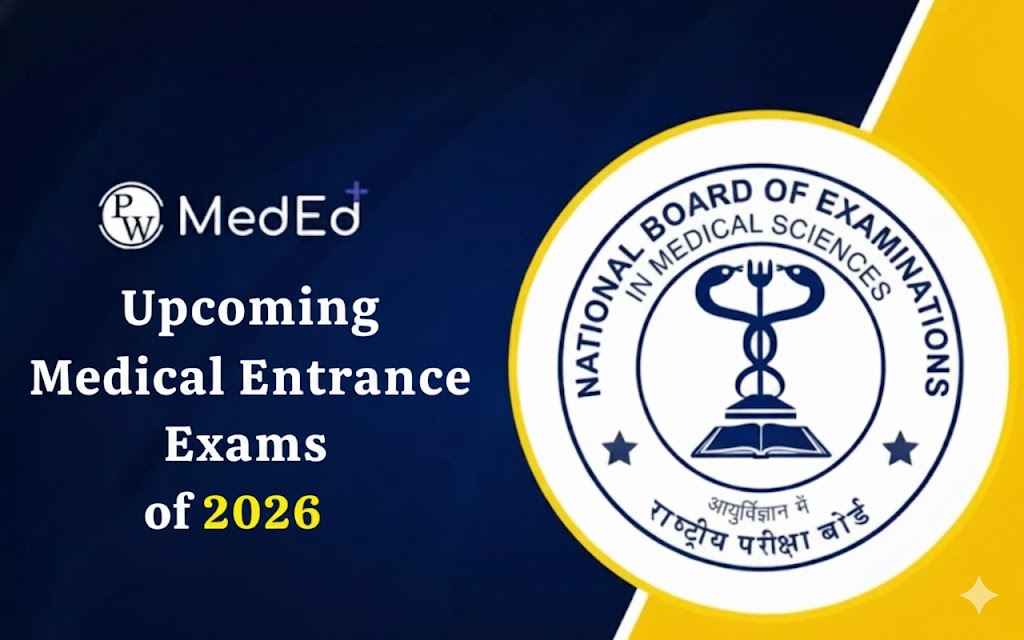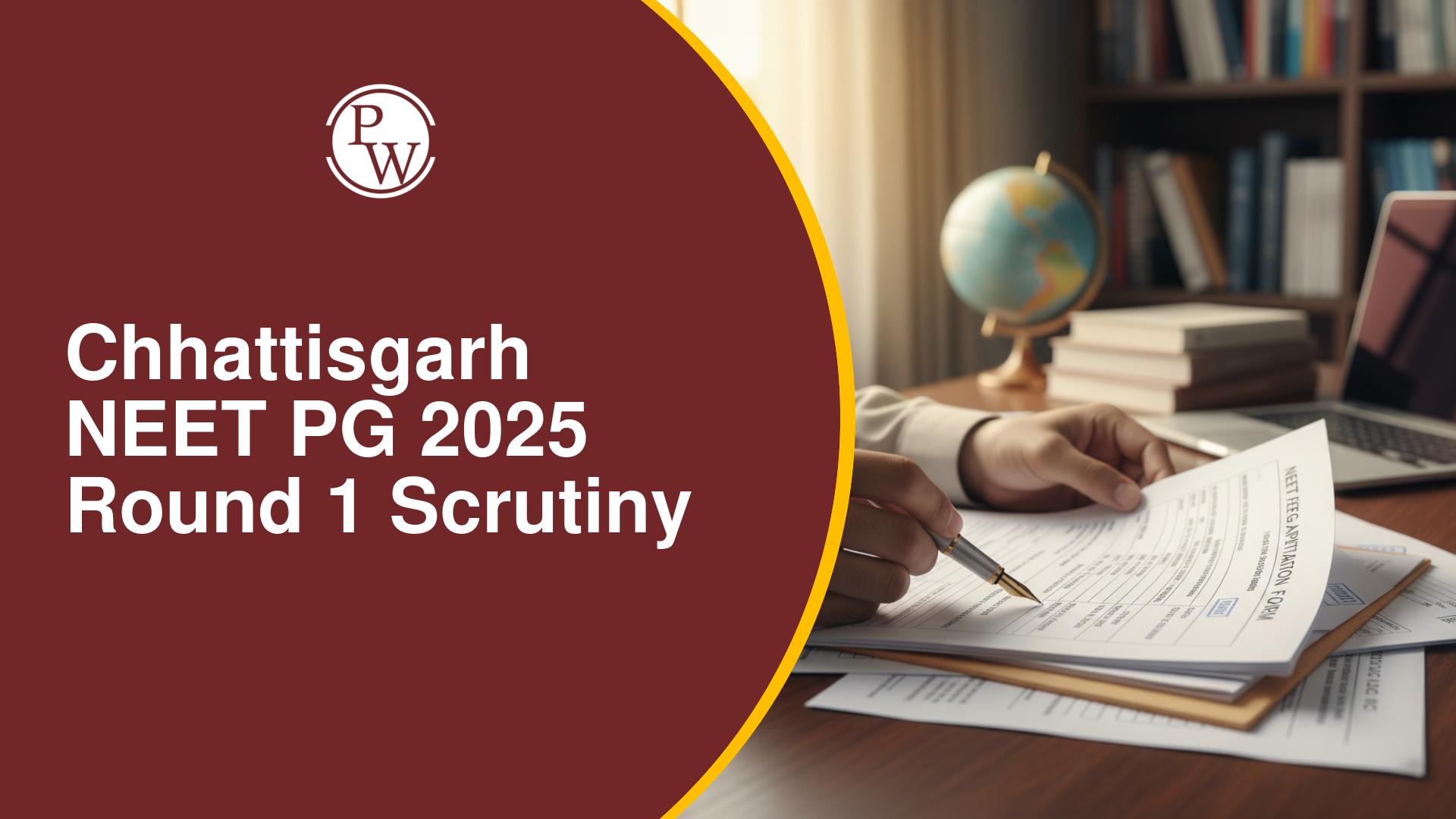
Sleep Apnea is a sleep disorder characterized by interruptions in breathing during sleep, leading to disrupted sleep patterns and inadequate oxygen intake. When breathing pauses, the brain prompts the individual to awaken partially to resume breathing, preventing deep, restorative sleep. Although manageable with prescribed treatments, untreated sleep apnea can lead to various severe complications over time. This includes an increased risk of cardiovascular problems such as high blood pressure, heart disease, and stroke.
What is Sleep Apnea?
Sleep Apnea is when you stop breathing during sleep. It occurs because your airway gets blocked (obstructive sleep apnea) or your brain doesn't signal your breathing properly (Central apnea). When you stop breathing during sleep due to sleep apnea, your body triggers a survival reflex to wake you up slightly and allow you to resume breathing. While this reflex keeps you alive, it disrupts your sleep cycle, leading to poor sleep quality. This interruption can stress your heart, potentially leading to serious health issuesSleep Apnea Types
Sleep Apnea is a breathing disorder that causes brief times when you stop breathing during sleep. There are three types of sleep apnea, which are mentioned in the table below:| Sleep Apnea Types | |
| Types of Sleep Apnea | Details |
| Obstructive Sleep Apnea (OSA) | This is the more common type, where throat muscles relax during sleep, blocking the airflow into the lungs. |
| Central Sleep Apnea (CSA) | In this type, the brain fails to send proper signals to the breathing muscles, causing pauses in breathing during Sleep. |
| Complex Sleep Apnea | There's also a type called treatment-emergent central sleep Apnea, or complex sleep Apnea, which occurs when someone initially diagnosed with OSA starts experiencing CSA after receiving therapy for OSA. |
Sleep Apnea Symptoms
Sleep Apnea shows various symptoms, some more noticeable than others. The Sleep Apnea symptoms include the following:- Feeling extremely tired after a whole night's sleep.
- Daytime sleepiness, sometimes leading to drowsiness during daily activities.
- Snoring, though not everyone with Sleep Apnea snores.
- Mood changes like depression or anxiety.
- Brain function disruptions cause memory loss or trouble concentrating.
- Waking up multiple times during the night, which might have yet to be remembered.
- Others notice pauses in breathing while sleeping.
- Unusual breathing patterns like Cheyne-Stokes breathing.
- Insomnia, night sweats, and restlessness at night.
- Sexual dysfunction and waking up feeling short of breath or choking.
- Headaches, particularly upon waking up.
Sleep Apnea Symptoms in Children
In children, Sleep Apnea can show up differently. The signs include:- Hyperactivity or trouble focusing in school.
- Loud snoring.
- Bedwetting.
- Frequent arm or leg movements during sleep.
- Sleeping in unusual positions.
- Experiencing reflux or night sweats.
Sleep Apnea Risk Factors
Sleep Apnea can happen to anyone, including kids. But some things can make it more likely for you to have it. The Sleep Apnea risk factors involve:Obstructive Sleep Apnea risk factors:
Obstructive Sleep Apnea includes the following risk factors:- Excess weight
- Thick neck
- Family history
- Alcohol and sedatives
- Smoking
- Nasal congestion
- Medical conditions
Central Sleep Apnea risk factors:
Central Sleep Apnea includes the following risk factors:- Age : Older individuals, mainly middle-aged and older adults, are at a higher risk.
- Gender: Men are more commonly affected than women.
- Heart disorders: Congestive heart failure raises the risk.
- Narcotic pain medicines : Long-acting opioids like methadone can increase the risk.
- Stroke: Previous stroke history is associated with a higher risk.
Sleep Apnea Diagnosis
If you suspect that you or someone you know has Sleep Apnea, there are steps you can take to assist healthcare providers in diagnosing the condition. The Sleep Apnea diagnosis involves the following steps:- Keep a sleep diary to track symptoms.
- Ask someone to observe your sleep.
- Record audio/video of your sleep.
- Consult a healthcare provider.
- Share recorded evidence for evaluation.
Sleep Apnea Treatment
There are different ways to treat Sleep Apnea, depending on how bad it is and your type. While these treatments can't cure Sleep Apnea, they can help stop or lessen the number of times it happens. If you stick with these treatments daily, they can make a big difference in how Sleep Apnea affects you. The Sleep Apnea Treatment involves the following techniques:- Conservative treatments: These include lifestyle changes such as losing weight, avoiding alcohol and sedatives before bedtime, and sleeping on your side rather than your back to keep your airway open.
- Positive airway pressure: Devices like continuous positive airway pressure (CPAP) or bilevel positive airway pressure (BiPAP) use air pressure to keep your airway open during sleep, preventing Apnea episodes.
- Oral appliances: These custom-made dental devices help keep your airway open by adjusting the position of your tongue and jaw while you sleep.
- Nerve stimulators : These devices are surgically implanted and work by stimulating the nerves that control the muscles in your airway, helping to keep it open during sleep.
- Surgery : Surgical options for sleep apnea may involve removing excess tissue from the throat, repositioning the jaw, or performing other procedures to improve airflow.
- Medications: Certain medications may be prescribed to treat underlying conditions contributing to central Sleep Apnea, such as medications to stabilize breathing patterns.
Sleep Apnea FAQs
What is Sleep Apnea frequently associated with?
Stroke, hypertension, and coronary artery disease are associated with Sleep Apnea.
Who is mainly affected by Sleep Apnea?
Men are 2 to 3 times more likely to have Sleep Apnea.
What is the newest treatment for Sleep Apnea?
Inspire therapy is the newest therapy to treat Sleep Apnea, and it works comfortably in your body to treat the root cause of Sleep Apnea.
What is the most severe type of Sleep Apnea?
Obstructive Sleep Apnea is the most severe type of Sleep Apnea.
Talk to a counsellorHave doubts? Our support team will be happy to assist you!

Check out these Related Articles
Free Learning Resources
PW Books
Notes (Class 10-12)
PW Study Materials
Notes (Class 6-9)
Ncert Solutions
Govt Exams
Class 6th to 12th Online Courses
Govt Job Exams Courses
UPSC Coaching
Defence Exam Coaching
Gate Exam Coaching
Other Exams
Know about Physics Wallah
Physics Wallah is an Indian edtech platform that provides accessible & comprehensive learning experiences to students from Class 6th to postgraduate level. We also provide extensive NCERT solutions, sample paper, NEET, JEE Mains, BITSAT previous year papers & more such resources to students. Physics Wallah also caters to over 3.5 million registered students and over 78 lakh+ Youtube subscribers with 4.8 rating on its app.
We Stand Out because
We provide students with intensive courses with India’s qualified & experienced faculties & mentors. PW strives to make the learning experience comprehensive and accessible for students of all sections of society. We believe in empowering every single student who couldn't dream of a good career in engineering and medical field earlier.
Our Key Focus Areas
Physics Wallah's main focus is to make the learning experience as economical as possible for all students. With our affordable courses like Lakshya, Udaan and Arjuna and many others, we have been able to provide a platform for lakhs of aspirants. From providing Chemistry, Maths, Physics formula to giving e-books of eminent authors like RD Sharma, RS Aggarwal and Lakhmir Singh, PW focuses on every single student's need for preparation.
What Makes Us Different
Physics Wallah strives to develop a comprehensive pedagogical structure for students, where they get a state-of-the-art learning experience with study material and resources. Apart from catering students preparing for JEE Mains and NEET, PW also provides study material for each state board like Uttar Pradesh, Bihar, and others
Copyright © 2025 Physicswallah Limited All rights reserved.
Get App
